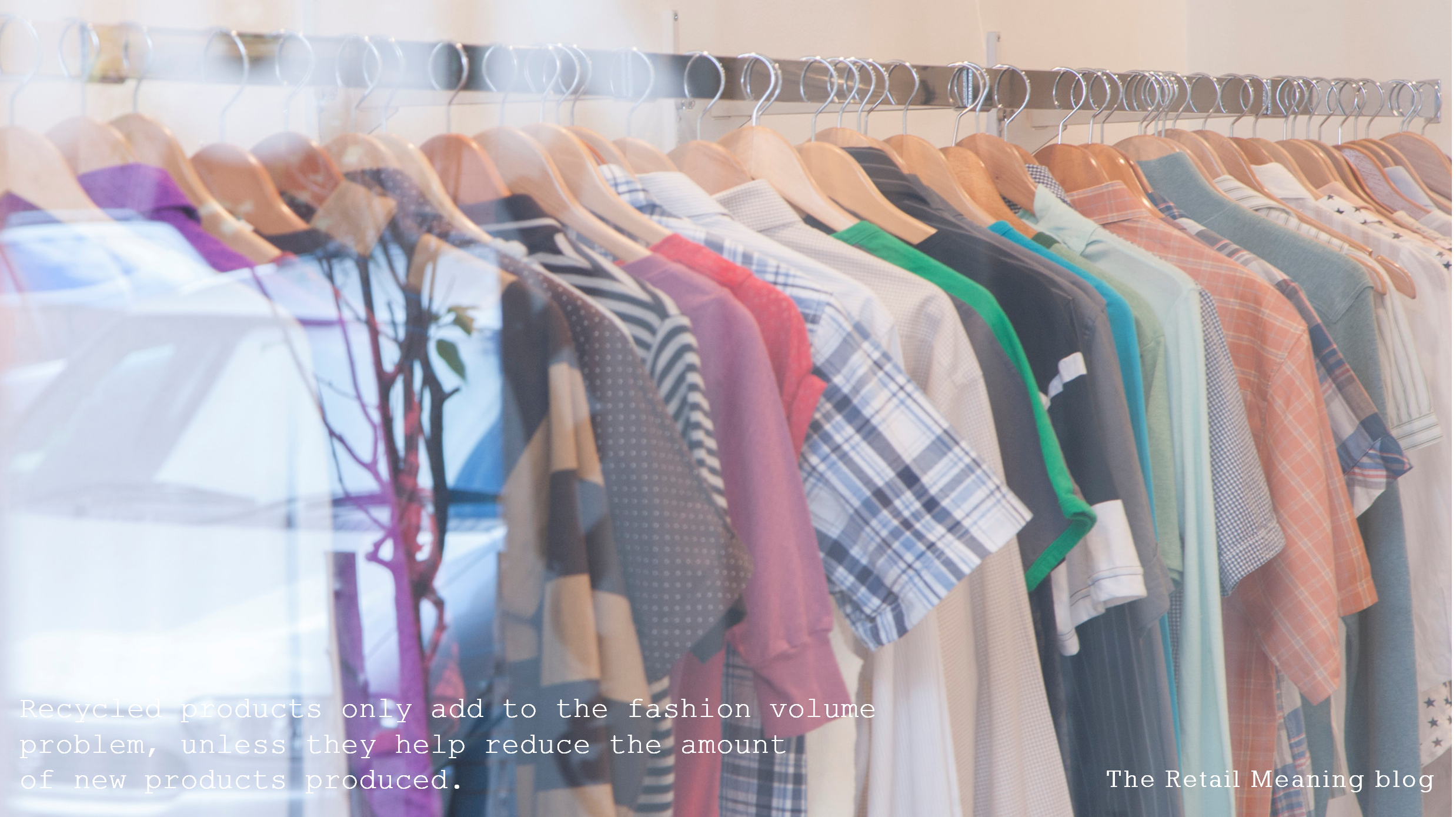A very interesting post from Brett Mathews on new legislation being brought in by the Netherlands to make fashion businesses more sustainable and accountable for the lifecycles of their products.
– At least 50 per cent of the textiles sold “must prepared for reuse or recycling”
– At least 20% of the textiles sold are prepared for reuse specifically
– At least 10% of the textiles sold are “reused in the Netherlands”
– At least 25% of the recycled textiles are “fibre-to-fibre recycled”
Admirable but not without some large holes, and a severe danger of ‘not seeing the wood, for the trees’
The legislation seems rich on the detail of product construction & re-use, but I’m left wondering what are the punishments for businesses not meeting these criteria? Without workable and meaningful repercussions for businesses that don’t comply, the details are largely irrelevant.
Secondly I also wonder how can this effect pureplay brands such as Shein whose imports are largely invisible and consist of millions of small private parcels? Are we relying on Shein’s honesty & integrity?
There is a common risk here that it is those brands that are reputable and who are genuinely ‘work in progress’ in trying to do better, that are the ones caught up in the regulations, whilst the main problem brands can deceive, and pay their way out of any issues.
All progress is good, but the danger is a focus on the detail rather than the big picture.
Simply we need to produce, sell & buy less. Why not just a layered tax on the volumes of product units imported. And a cap.
And a large education programme to the public that we must buy less clothing and wear it longer. We need a campaign like we’ve seen to stop people smoking, or drinking to excess, or eating sugar laden foods. This is as serious.
Tax the supply and reduce the demand!
There is some fascinating work on recyclable, recycled and regenerative materials from genuine & worthy producers & retailers. Let’s support them 100%.
However the larger brands, multiples and global players use this ‘sexy sustainability’ as a smoke screen to avoid and hide from the major issue of producing less products.
Are we seeing governments & legislators being dazzled and distracted in a similar way. Or are they taking the easy, and commercially convenient approach?
Ultimately, we can’t complain, because as consumers we are the main problem. Until we reduce demand and make high volume businesses uncommercial and unsustainable, sadly very worthy and much needed legislation will only slow the volume growth at best.
How much re-sell and recycled materials and products do we need?
They only add to the fashion volume problem, unless they reduce the amount of new products produced.
